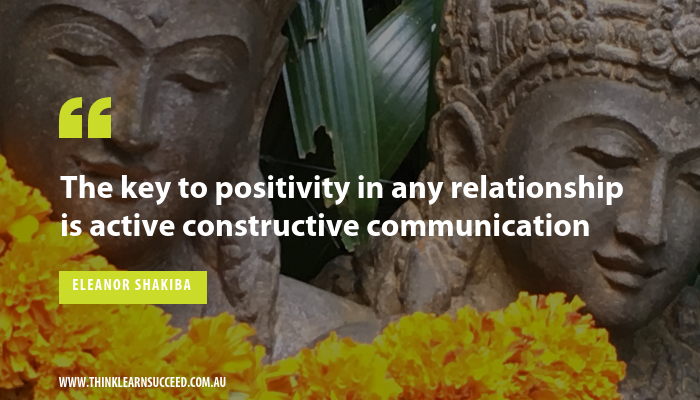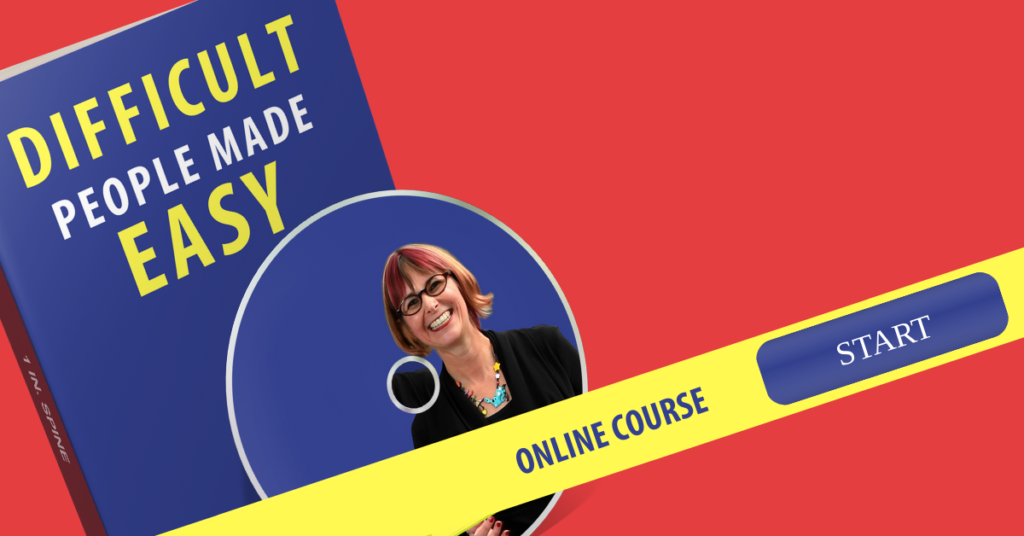
When a relationship has soured, how do you turn it around? The answer is to give positive attention to the other person.
Humans need positive attention in the same way we need air. Like oxygen, positive attention is essential to both our physical and mental well-being. The key to positivity in any relationship is active constructive communication. To be active constructive, you need to show genuine interest. For example, you might ask for more information or say, “Wow, that sounds like a surprise…”
To respond in active constructive mode, react to others’ bids for attention in positive ways. You also need to bid for their attention – but in ways that build the relationship. There are four simple ways to do this.
Listen for emotions
When listening to what someone is saying, tone of voice and body language can be even more telling than the words being said. Does the speaker seem happy, sad, angry or excited? What emotions do you detect? When you tune in to the emotions being expressed, this positive response is picked up by the speaker, which encourages open communication.
Acknowledge positive emotions
When someone tells you something positive, the most effective way to respond is by acknowledging those positive emotions with some of your own. Responding with “Wow that’s great, tell me more” shows that you’re interested and actively participating in the conversation.
Ask questions about their experience
By following up on others’ bids for attention with open questions, you are demonstrating interest in their experience. Probing questions open up more opportunities for conversation and keep a positive dialogue going.
Affirm
An affirming statement indicates that you are listening actively and that you understand what is being said. It sends the message that you are there to support the other person – even when you may not agree with them.
Mastering the art of active constructive communication will enrich and improve your relationships. It will help you build mutual understanding, even when you can’t reach mutual agreement. And it will equip you to deal with difficult people more resourcefully.
Learn how to use active constructive communication to improve YOUR relationships.
- Enrol in one of my public courses at the University of Sydney
- Building Positive Work Relationships
- Dealing with Difficult People
- Negotiation Skills for Professionals
- Sign up for one-one- coaching
- Read my book, Difficult People Made Easy
- Enrol in my latest online course Difficult People Made Easy
And to get you started, here’s a chance to try out Difficult People Made Easy for FREE.
About the author of this article
Eleanor Shakiba specialises in teaching social and emotional intelligence skills to people in high-intellect roles. Her clients work in academia, education, IT, engineering, finance and health. Find out how Eleanor can help you and your team.
